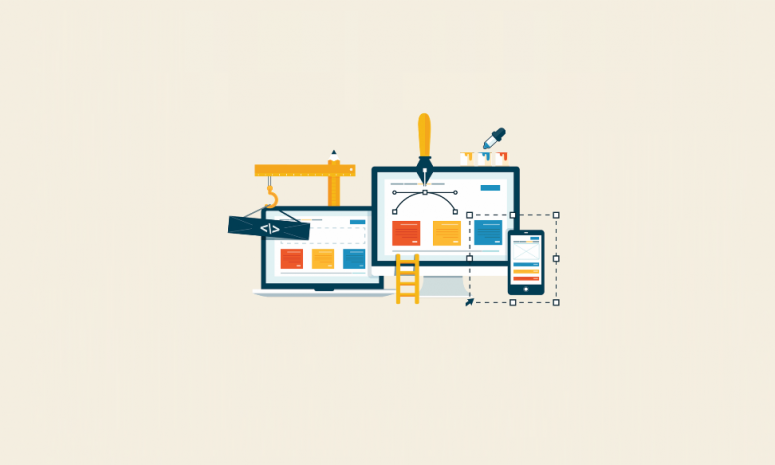
WordPress users often ask what a WordPress theme framework is?
Let’s go to the nitty-gritty without elaborating on any other functionalities or its history. According to the WordPress Codex, a Theme framework is “a drop-in code library that is used to facilitate the development of a theme.”
In this post, let’s learn more about the basics of theme frameworks and what it is, and discuss the pros and cons of using them for developing WordPress sites. Finally, we’ll check out with a selection of some of the most popular theme frameworks out there.
What are the theme frameworks?
WordPress Theme Frameworks can be considered as parent themes. The theme functions can be included in the framework and the designer can create a child theme for style customizations.
In short, parent themes will handle functionality, and child themes handle design on the front end.
In general, theme development can be simplified using Frameworks which provides pre-loaded codes. They can speed up the theme development process, making it better and faster. It extends the power of the theme developer through child themes.
The term ‘WordPress theme framework’ usually refers to a codebase used to promote theme development. In the old age of WordPress, there were some key issues in the way the theme was developed and maintained. Without losing all custom style options, there is no good way to upgrade WordPress themes. There is no way to prevent copying and pasting the same function code in all themes.
As learned above, the framework will act as a parent theme template, and developers can create child themes to customize the styles without altering the core functionality of the parent theme. And moreover, this arrangement extends flexibility to change or update the parent theme without altering the child theme styles. This method allows you to keep your website’s “frame” strong without having to modify its appearance.
Why Should I Use a Theme Framework
Whether you need to use a framework or not entirely depends on your website development requirements. First, we will look at some of the advantages of using the WordPress theme framework and later will check its cons.
The Pros
These are some of the advantages of using theme frameworks:
- Faster website development: You don’t need to customize the website as and when you change your theme. The theme frameworks save you investing time on the core every time you start a new project. This offers flexibility for the developer for any unforeseen design modifications.
- A solid codebase: When you rely upon a standard WordPress theme framework you don’t need to worry anymore on any other compatibility issues because such frameworks will have been written on solid code foundation following WordPress’ best practices
- Support and community: Developers of premium WordPress theme frameworks offer unbeatable technical support and there is a huge community of users for raising your immediate concerns.
The Cons
There can be some drawbacks you’ll need to look out for:
- Increased costs: Most theme frameworks are part of the premium offerings and come up with annual subscriptions. Considering the cost of using it over a long term basis will make it costlier.
- Steep learning curve. Every theme framework is released with its own documentations which the developers have to go through and understand before implementing any modifications to it, making the processing time-consuming.
Now we’ve got the benefits and disadvantages of using it, let’s check out the leading WordPress theme frameworks.
What types of theme frameworks exist?
There are free and paid types of frameworks that exist. There is a completely drag-and-drop -framework like Headway Themes that allow users to create all content intuitively without any coding knowledge. Then there are pseudo-drag-drop frameworks like Pagelines and Thesis. These frameworks allow users to drag and drop pre-defined parts (similar to how WordPress widgets work). Obviously, anyone can use the available hooks and filters provided by the framework to define custom parts.
Three Top WordPress Theme Frameworks
Unyson (Free framework)
It features a clean interface packed with a visual page builder for easy customization. This is a free WordPress framework and basically a plugin that is great for users to develop their coding knowledge. Being a plugin its capabilities can’t be extended the way a theme does.
Genesis
It is the most popular theme framework which offers flexibility to developers and convenient design interface for non-techies.
Divi
Divi is a very popular theme framework that comes with pre-built templates and Divi Builder. It has got everything to customize the design and offers a built-in theme options panel, which enables code-free customization to your design.
You could learn now what a WordPress theme framework is. In a nutshell, they save you valuable time by allowing you to focus on the design aspects without bothering about the underlying code functionalities. As a bonus, these theme frameworks could save you effort and money.





